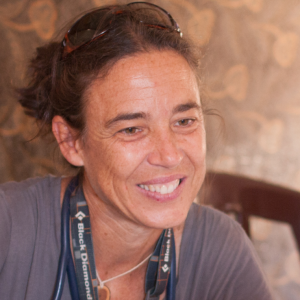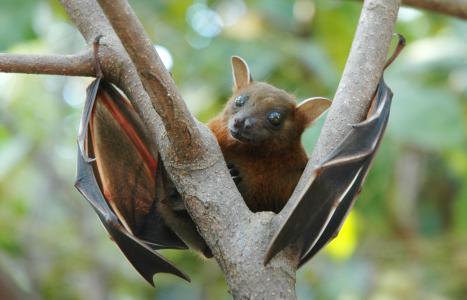This Congolese Doctor Discovered Ebola But Never Got Credit For It — Until Now (NPR)
Dr. Jean-Jacques Muyembe says his story starts in 1973. He had just gotten his Ph.D. at the Rega Institute in Belgium. He could have stayed in Europe, but he decided to return to Congo, or what was then known as Zaire, which had only recently attained independence from Belgium. He took a job as a field epidemiologist. In 1976, he was called to an outbreak of a mysterious disease in central Congo.

